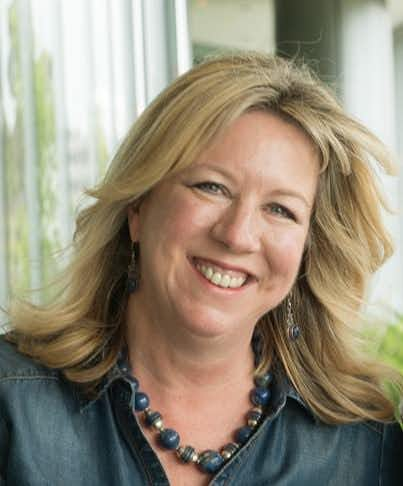
Can Bacteriophages Save Your Life? (Archive)
Antibiotic-resistant bacteria have been cropping up around the world. These superbugs cause serious problems, especially when they fail to respond to increasingly potent medications. One approach may be to put a very old, natural treatment to work. The theory is that the enemy of my enemy is my friend. Enlist viruses that infect these bacteria. How well do such bacteriophages work for killing superbugs?
Killing Superbugs with Bacteriophages:
The use of viruses for killing superbugs got its start many decades ago, even before there were superbugs. Researchers in the former Soviet Union (especially in the Soviet state of Georgia) developed bacteriophages to treat serious bacterial infections. Western countries were developing antibiotics at the same time, so they paid little attention to these viruses.
Now, however, as bacteria have developed resistance to many antibiotics, researchers in the US are taking a second look at using bacteriophages for killing superbugs. We hear from a scientist at the University of California, San Diego, who is developing phage mixtures to treat multidrug-resistant pathogens.
Saving Her Husband’s Life:
We also speak with an epidemiologist and public health expert who mobilized a last-ditch effort using bacteriophages for killing superbugs that threatened her husband’s life. He had gone into a coma and was facing death because no antibiotics were working. So Dr. Steffanie Strathdee sought out bacteriophage researchers who could help. The effective strain of bacteriophage virus came from purified sewage from Texas. The UCSD team that saved his life has established a center further refining the use of these viruses.
This Week’s Guests:
Steffanie A. Strathdee, PhD, is Associate Dean of Global Health Sciences and Harold Simon Professor in the Department of Medicine at the University of California San Diego School of Medicine. She is also an Adjunct Professor at Johns Hopkins and Simon Fraser Universities. She co-directs the UCSD Global Health Institute and the International Core of the University’s Center for AIDS Research. She is also co-director of UCSD’s new center for Innovative Phage Applications and Therapeutics (IPATH) https://ipath.ucsd.edu To email IPATH: IPATH@ucsd.edu
Dr. Strathdee’s TEDX talk is here. She is the author, with Tom Patterson, of the just-released The Perfect Predator: A Scientist’s Race to Save Her Husband from a Deadly Superbug: A Memoir.
You’ll find more information about the UCSD program on bacteriophages here.
Saima Aslam, MD, MS, is a board-certified infectious disease specialist. Her expertise is in caring for solid-organ transplant candidates and recipients as well as other immunocompromised individuals. Dr. Aslam directs UC San Diego Health’s Solid Organ Transplant Infectious Diseases Service, which provides expert care in the prevention and management of infectious diseases in organ transplant donors and recipients.
Listen to the Podcast:
The podcast of this program will be available the Monday after the broadcast date. The show can be streamed online from this site and podcasts can be downloaded for free.

